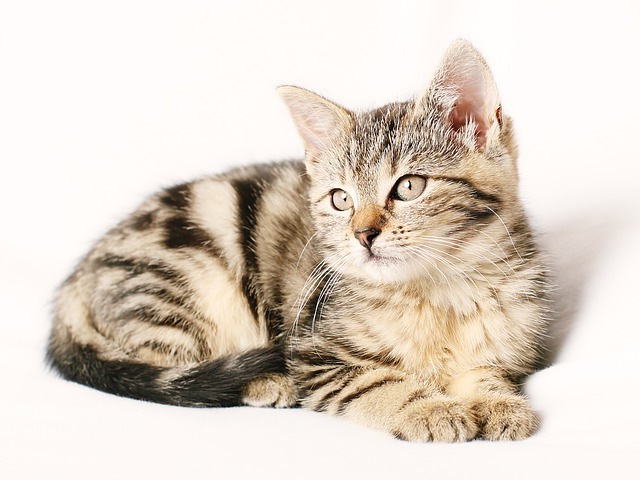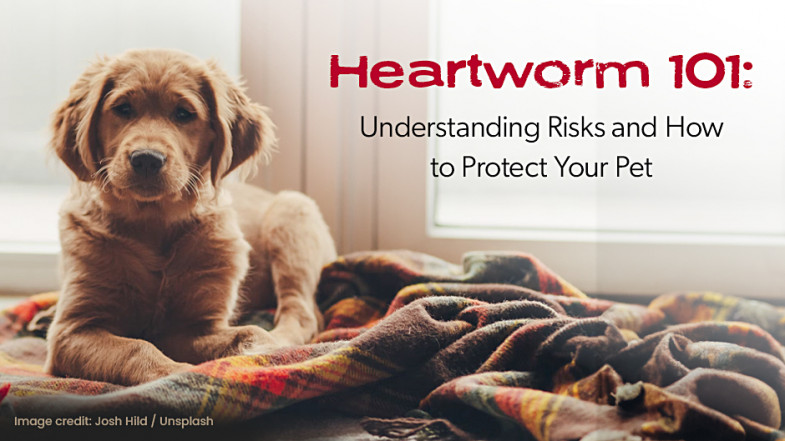Our Veterinary Services
VACCINES AND PREVENTIVE MEDICINE:
We provide both core and optional vaccines for dogs and cats. The American Animal Hospital Association (AAHA) recommends that all dogs receive canine distemper, hepatitis, parvovirus, parainfluenza, and rabies vaccinations. Core vaccines for cats include feline distemper, feline calicivirus, feline herpes, and rabies. Puppies and kittens should receive their first set of vaccines by eight weeks of age. We also offer Bordetella, leptospirosis, chlamydia, feline leukemia, and giardia.
We recommend annual wellness exams for adult dogs and cats between one and seven years old. Puppies, kittens, and senior pets should have more frequent examinations. At each check-up, we record your pet's weight and temperature, ask about eating habits and exercise, and discuss parasite control. Our veterinarians also check for specific health issues, such as diabetes and signs of cancer. You also have the chance to get help with any behavioral concerns.
INTERNAL MEDICINE:

This veterinary specialty deals with the prevention, diagnosis, and treatment of diseases that originate in specific body systems. These include the endocrine, gastrointestinal, immune, lymphatic, renal, respiratory, and urogenital systems.
Radiology:
Our internal medicine and radiology units work closely together to arrive at the correct diagnosis for your pet's health condition. After interpreting the results of a diagnostic image, our radiologists prepare a report for your pet's veterinarian who will then decide on a course of treatment.
DENTISTRY:
Your pet's oral health is a good indicator of his or her overall well-being. We check the teeth and gums at every wellness exam to look for signs of infection or other dental problems. Additionally, you can schedule an appointment for a dental cleaning under general anesthesia. Our staff works with clients to teach them proper toothbrushing techniques for an at-home routine.
SENIOR WELLNESS
Although the age at which dogs and cats are considered a senior can vary by breed, we like to start seeing pets for bi-annual exams around age seven. Like people, older pets have an increased risk of kidney disease, heart disease, cancer, diabetes, liver disease, senility, and general weakness. Staying on top of these issues helps improve the quality of life for your pet in the senior years. Mobility challenges and behavior changes are also more common with older pets.
SURGERY:
Some of the most common surgeries we perform include tooth extraction, removal of skin masses, bladder stones, and surgery for various types of cancer. Regardless of the type of surgery your pet needs, his or her veterinarian will let you know exactly what you can expect. This includes the surgical procedure itself as well as the recovery at home.
SPAY AND NEUTERS:
Spaying your female pet and neutering your male pet helps to control pet overpopulation. Unfortunately, millions of pets are euthanized every year because there are not enough homes for all of them. Additional benefits of sterilization include a longer lifespan, reduced risk of mammary gland and testicular cancer, no heat cycles or roaming behavior, and less aggressive behavior by both males and females.


